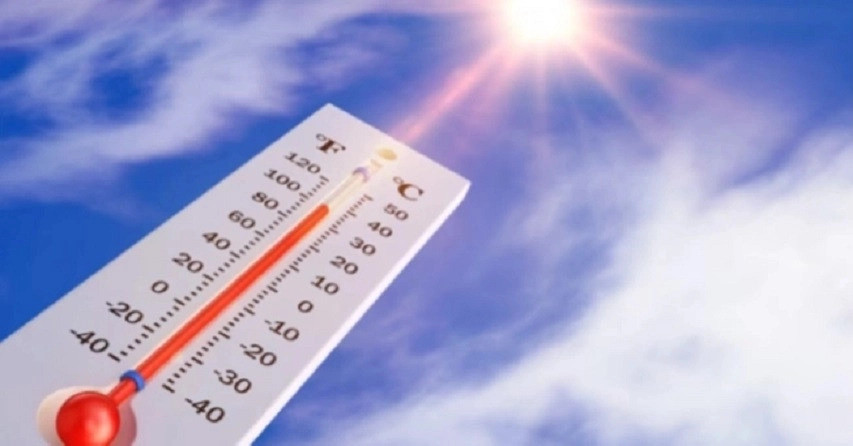Heatwave causes huge losses in agro sector, labour-intensive industries: Study
BRAC conducts the study
Daily Sun Report, Dhaka
Published: 24 May 2024

Bangladesh’s agriculture sector and labour-intensive industries are set to count huge losses caused by the record April heat wave, and the damages would mount as summer has a long way to go this year, BRAC has found in a research.
Huge economic losses, with particular hit to the low-income communities, were highly expected in April as the month set a 76-year record for high temperatures in the country, thanks to climate change.
The loss in dairy products like milk, eggs, and meat was 25%, BRAC said in a press statement on Friday incorporating findings from the research.
According to the press statement, labour-intensive sectors suffered an output loss of Tk50,000 crore in the capital alone.
A day earlier, BRAC officials highlighted the hit to croplands due to climate change and heat wave.
Boro rice production may decrease 6-16%, and 30% of mango buds fell off due to a prolonged drought followed by the April heat wave, Md Liakath Ali, a director at BRAC said Thursday while presenting the research paper on heatwave.
The poultry industry lost Tk200 crore in the recently ended heatwave, he said.
"Dhaka is losing $6 billion worth of labour productivity per year due to heat stress. As a result, by 2030, Bangladesh could lose 5% of its total productivity, equivalent to nearly 4 million full-time jobs, and experience GDP losses of up to 4.9%," Liakath Ali said at the event.
Speaker at the event said comprehensive preparations should be made to deal with such extreme weather conditions.
Environment Ministry Secretary Farhina Ahmed said the government is working to include considerations for the health impacts of climate change into the National Adaptation Plan (NAP).
Specific actions and interventions related to the effects of heat waves on people’s health would be undertaken to ensure that the country’s healthcare systems is better prepared to tackle climate change issues, she added.
"We also need to build capacity and awareness among diverse groups in the population so that citizens are better equipped to combat the effects of extreme heatwaves."
She added, "We need to prepare our engineers and architects to develop infrastructure and designs that emphasise nature-based solutions. We must retrofit our current infrastructure and bring in new technologies to reduce heat generation."

